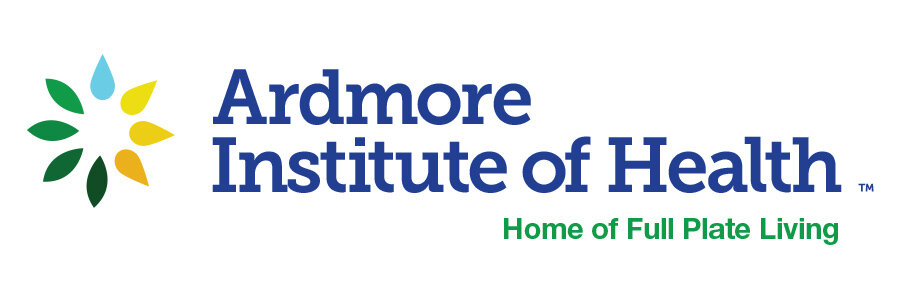Ultra-processed food intake and animal-based food intake and mortality in the Adventist Health Study-2
The American Journal of Clinical Nutrition published this article titled Ultra-processed food intake and animal-based food intake and mortality in the Adventist Health Study-2. The research finds the total of animal based food consumption (meat, dairy, eggs) was not associated with mortality, but higher red meat intake was. The findings suggest that high consumption of ultra-processed foods may be an important indicator of mortality.
Ardmore Institute of Health helped support this study.
Abstract
Background: Both ultra-processed foods and animal-derived foods have been associated with mortality in some studies.
Objectives: We aimed to examine the association of 2 dietary factors (ultra-processed foods and animal-based foods), adjusted for each other, with all-cause mortality.
Methods: The setting is an observational prospective cohort study in North America, recruited from Seventh-day Adventist churches, comprised of 95,597 men and women, yielding an analytic sample of 77,437 participants after exclusions. The exposure of interest was diet measured by FFQ, in particular 2 dietary factors: 1) proportion of dietary energy from ultra-processed foods (other processing levels and specific substitutions in some models) and 2) proportion of dietary energy from animal-based foods (red meat, poultry, fish, and eggs/dairy separately in some models). The main outcome was all-cause mortality. Mortality data through 2015 were obtained from the National Death Index. Analyses used proportional hazards Regression.
Results: There were 9293 deaths. In mutually adjusted continuous linear models of both dietary factors (ultra-processed and animal-based foods), the HR for the 90th compared with the 10th percentile of the proportion of dietary energy from ultra-processed food was 1.14 (95% CI: 1.07, 1.21, comparing 47.7% with 12.1% dietary energy), whereas for animal-based food intake (meats, dairy, eggs) it was 1.01 (95% CI: 0.95, 1.07, comparing 25.0% with 0.4% dietary energy). There was no evidence of interaction (P = 0.36). Among animal-based foods, only red meat intake was associated with mortality (HR: 1.14; 95% CI: 1.08, 1.22, comparing 6.2% with 0% dietary energy).
Conclusions: Greater consumption of ultra-processed foods was associated with higher all-cause mortality in this health-conscious Adventist population with many vegetarians. The total of animal-based food consumption (meat, dairy, eggs) was not associated with mortality, but higher red meat intake was. These findings suggest that high consumption of ultra-processed foods may be an important indicator of mortality. Am J Clin Nutr 2022;00:1–13.
Related Grant: Adventist Health Study: The Next Generation in Transformational Health Knowledge (year 2)

